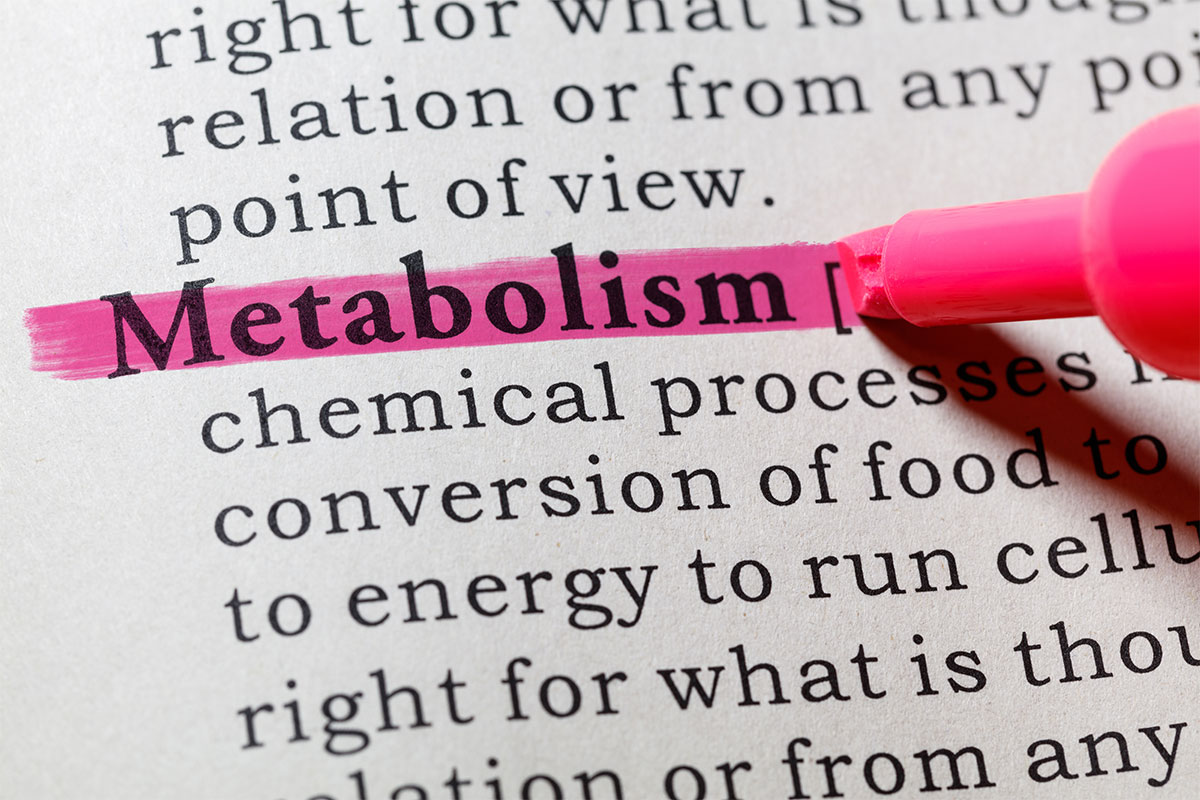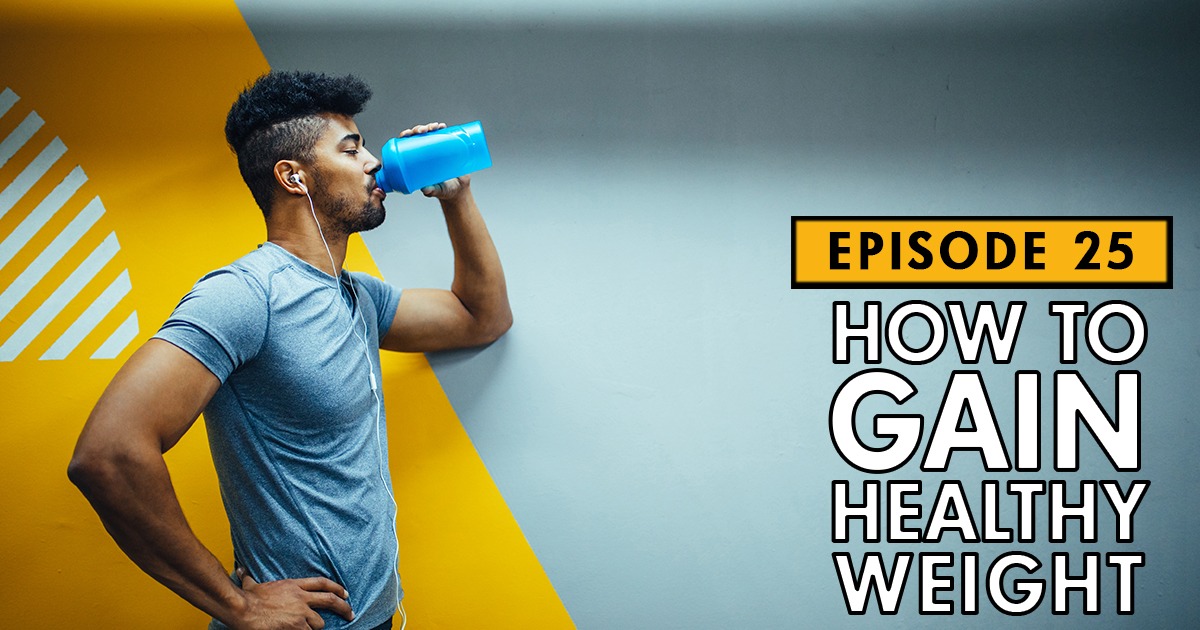Struggling with Food? Try the “Un-diet” Approach
LA Fitness, registered dietitian, Debbie James, helps a member see dieting in a different way. This is for everyone that has ever failed at a diet before.


I’m 69 years old, I work out 3 times a week for 2 hours, 2 of those days are dedicated to upper/lower weight workout and the 3rd day strictly cardio on the treadmills and bike. I had a personal trainer for 6 months and I learned a lot of methods to workout. I’m careful with my intake and do not overindulge with high calorie or fatty foods, I’m frustrated when I get on the scale at the gym and at home, I gain pounds vs. seeing the numbers go down. It could be my metabolism (as one ages it drops drastically), just looking for answers, tips, suggestions. Thanks!
– Lydia C.

I understand your frustration, Lydia. Total pounds are easy to measure but won’t reflect body composition improvements. Ideally, you’d have tracked body fat percentage over the last 6 months. A tilt toward lower fat and more lean body mass indicates your metabolism should keep up. As body fat is reduced and muscle is gained the scale may not change (or go up). There is water stored with every pound of muscle, due to increased glycogen capacity.
Another approach is to monitor waist, hip, and thigh circumferences by breaking out the tape measure. Reflect on how your clothes fit. If you’ve got any more wiggle room than 6 months ago – success! Also note progress in fitness level… strength, endurance, and intensity level. All these observations are better indicators of improvement than total weight.
It makes a difference whether your weight workouts are focused on heavy weight with lower repetitions or more repetitions with less weight. The latter helps develop strength and muscles’ functional output while the former is intended to build up muscle (thus may increase weight). Once you tolerate a level of cardio (time, intensity, duration, or frequency) you’ve adapted to it and need further increases to promote greater fat burning. In the same regard, if your diet is good, but no better than before, then physique change is less likely.
In summary: focus on body composition, not scale weight, and look to where you can refine your diet and exercise regimen. Keep up that dedication!
– Debbie J., MS, RD
This article should not replace any exercise program or restrictions, any dietary supplements or restrictions, or any other medical recommendations from your primary care physician. Before starting any exercise program or diet, make sure it is approved by your doctor.
Some questions have been edited for length and/or clarity.
 Have a nutrition question? Our registered dietitian is ready to help!
Have a nutrition question? Our registered dietitian is ready to help!
Email nutrition@lafitness.com or submit your question below and it may be featured in an upcoming article!
LA Fitness, registered dietitian, Debbie James, helps a member see dieting in a different way. This is for everyone that has ever failed at a diet before.
Debbie James, RDN, helps answer a reader’s question on how to better manage a poor appetite due to a lowered metabolism and inflammation from stress.
LA Fitness registered dietitian, Debbie James, talks bulking. Read her three tips to help increase body weight, the healthy way.


I just started to go to LA Fitness. I’m a 23-year-old female, I weigh 205 lbs., and I’m 5’4″. I struggle with food. I’ve been on multiple diets, lost weight, restricted myself and end up giving up because it wasn’t sustainable, gaining it back. Calorie counting just seems very tedious and writing things down as well. Is there a way of eating that doesn’t involve measuring out everything in order to lose weight? Or any advice/suggestions?
– Marissa R.

I agree that you should remove the focus on portions and calorie restriction. For chronic dieters, experts in weight management recommend making permanent lifestyle changes the goal. Creating realistic goals and developing healthy habits that last are key to an “un-diet” approach. No mention of calories or measurements in The National Weight Control Registry’s summary of its registrants’ four most common habits*: eat breakfast every day, weigh themselves once a week, watch less than 10 hours of TV per week and exercise about 1 hour daily.
Knowledge is power! I believe that a simple foundational understanding of nutrition can help frame your outlook and shift your thinking away from weight, towards nourishing your body. Have you read our Living Healthy articles on nutrition basics, weight loss tips, a Mediterranean style of eating, mindfulness, and social support? For more in-depth learning consider a mass open online course (MOOC) on nutrition fundamentals. Several are free (taken as an audit, not for credit) and available from trusted sources like respected U.S. universities with credentialed instructors.
*The NWCR is the largest prospective investigation of long-term successful weight loss maintenance. http://www.nwcr.ws/Research/default.htm accessed 6/4/2019
Resources:
– Debbie J., MS, RD
This article should not replace any exercise program or restrictions, any dietary supplements or restrictions, or any other medical recommendations from your primary care physician. Before starting any exercise program or diet, make sure it is approved by your doctor.
Some questions have been edited for length and/or clarity.
 Have a nutrition question? Our registered dietitian is ready to help!
Have a nutrition question? Our registered dietitian is ready to help!
Email nutrition@lafitness.com or submit your question below and it may be featured in an upcoming article!
LA Fitness, registered dietitian, Debbie James, helps a member see dieting in a different way. This is for everyone that has ever failed at a diet before.
Debbie James, RDN, helps answer a reader’s question on how to better manage a poor appetite due to a lowered metabolism and inflammation from stress.
LA Fitness registered dietitian, Debbie James, talks bulking. Read her three tips to help increase body weight, the healthy way.


I have been eating a lot less, not meeting requirements, gaining weight, and noticing muscle loss. I’ve noticed a lowered metabolism and inflammation from stress. What can I do to fix these things?
– Angela M.

That is surely a mixed bag of concerns, Angela. Address the first problem you mentioned based on why you think you are eating a lot less. Time constraints? Opt for healthy convenience foods like prepackaged bowls. Depression/anxiety? Engage with others during mealtime and include a few favorite comfort foods. To meet micronutrient needs at least, you can add a daily multivitamin/mineral to cover your bases until your intake improves. Physical activity is the main option to stimulate metabolism. While resistance exercise builds muscle, aerobic exercise burns calories to tackle both your physique concerns. Incorporate more anti-inflammatory foods to combat the effects of chronic inflammation.
These include tomatoes, olive oil, green leafy vegetables, nuts, fatty fish, berries and citrus fruit.1 Lastly, practice good stress-management techniques. In addition to exercise, you can step away from the stressor, smile & laugh, reach out to a trusted friend, and meditate.2
References:
– Debbie J., MS, RD
This article should not replace any exercise program or restrictions, any dietary supplements or restrictions, or any other medical recommendations from your primary care physician. Before starting any exercise program or diet, make sure it is approved by your doctor.
Some questions have been edited for length and/or clarity.
 Have a nutrition question? Our registered dietitian is ready to help!
Have a nutrition question? Our registered dietitian is ready to help!
Email nutrition@lafitness.com or submit your question below and it may be featured in an upcoming article!
LA Fitness, registered dietitian, Debbie James, helps a member see dieting in a different way. This is for everyone that has ever failed at a diet before.
Debbie James, RDN, helps answer a reader’s question on how to better manage a poor appetite due to a lowered metabolism and inflammation from stress.
LA Fitness registered dietitian, Debbie James, talks bulking. Read her three tips to help increase body weight, the healthy way.

Welcome to the 25th episode of the Living Healthy Podcast, presented by LA Fitness.
On this episode of the Living Healthy Podcast, we speak with LAF Personal Training Director, Tristen Alleman, and LAF Registered Dietitian, Debbie James, as they share their expert advice on how to gain weight the healthy way. This episode is for anyone that’s ever been curious about how they can add lean muscle, and increase body mass, without adding the unhealthy type of body weight. We approach this from both the fitness side of things and nutritional side, to help those struggling with weight gain, find a healthy and balanced way to do so with their training and nutritional routines.
How Are We Doing?
This podcast should not replace any exercise program or restrictions, any dietary supplements or restrictions, or any other medical recommendations from your primary care physician. Before starting any exercise program or diet, make sure it is approved by your doctor.
Introduction
Begins at 0:01
Introduction of LAF Personal Training Director, Tristen Alleman, and LAF Registered Dietitian, Debbie James
0:22
What Would Someone Want to Add on Weight or Muscle?
0:32
Do You Have to Increase Your Caloric Intake to Gain Weight?
2:36
How Does Strength Training Help Build Muscles?
4:50
What Foods Are Good to Eat on Cardio-Focused Work Out Days?
4:16
How Many Days Per Week Should You Strength Train?
7:02
Austin, Our Skinny Colleague, Joins the Show (and Talks Food and Lack of Weight Gain)
8:43
Can Everyone Benefit from Adding Muscle onto Their Body? Or Only Bodybuilders?
14:42
Are Supplements Good or Bad When It Comes to Bulking?
16:36
How Much Protein is Too Much Protein?
19:00
Can You Gain Weight and Bulk as a Vegetarian or Vegan?
20:01
Are Full-Fat Products Always the Best Option for Weight Gain and Bulking?
20:40
Why Are Women Afraid of Gaining Muscle?
22:23
Actionable Advice
24:38
Outro
26:06
On this episode of the LHP we speak with LAF PTD, Tristen Alleman, and LAF RDN, Debbie James, as they share their expert advice on how to gain weight the healthy way.


My name is Kenton and I am 20 years old. I little bit of background: I swam for the University of the Pacific for 2 years but decided to take some time off from school to work and train. With Pacific I was training about 20 hours a week and I weighed 143 pounds at my heaviest. I have been weight training 4-5 times a week since January but currently weigh 140 lbs. My goal is to weigh around 155 pounds. Any advice would be amazing.
– Kenton Q.

I understand your weight goal is beyond your previous heaviest mark. That may take some doing! Further nutrition will only augment the weight training you are able to put towards that goal unless you want pure fat gain. (I’ll assume not.) As it’s not clear what your previous or current diet habits are, I can only offer general advice to put on lean mass.
First – increase nutrient density. Get the most out of every bite with high calorie and nutrient-packed choices. That means that dilute, air or water-filled choices take a back seat to heavier, and rich options. For example, eat oats or granola instead of puffed rice and choose ground meat patties over most fish fillets, except higher fat salmon, herring, mackerel or sardines. Tortillas can replace bread. Snack on dried fruits instead of melon. Fill half your plate with starchy vegetables like peas, corn, carrots and winter squash instead of watery vegetables such as onion, peppers, zucchini, and celery. Even higher sugar or fatty beverages like juices and whole milk help more than water for weight gain.
Second — eat a lot, eat often. Consuming more sheer volume boosts calories and usually offsets healthier (lower calorie) choices. When volume is limited, eating quickly before you feel full or splitting a meal in half to eat an hour or two later can mean getting in more bulk. When you think you’re done eating, push yourself to finish a couple more bites. Wait until after you eat to drink your beverage (and make sure it has calories, too.)
Third – time it right. Fuel your muscles properly pre- and post-workout to capitalize on the surge of hormones driving anabolism. The nutrition window to boost protein synthesis is considered about 30 minutes before and after weight training. Easy to digest lean proteins and low-fiber carbohydrates are the prime choices. Examples are egg whites, poultry breast, bagels, and pretzels. This is also when faster digesting liquid supplements have a leg up on solid food.
– Debbie J., MS, RD
This article should not replace any exercise program or restrictions, any dietary supplements or restrictions, or any other medical recommendations from your primary care physician. Before starting any exercise program or diet, make sure it is approved by your doctor.
Some questions have been edited for length and/or clarity.
 Have a nutrition question? Our registered dietitian is ready to help!
Have a nutrition question? Our registered dietitian is ready to help!
Email nutrition@lafitness.com or submit your question below and it may be featured in an upcoming article!
LA Fitness, registered dietitian, Debbie James, helps a member see dieting in a different way. This is for everyone that has ever failed at a diet before.
Debbie James, RDN, helps answer a reader’s question on how to better manage a poor appetite due to a lowered metabolism and inflammation from stress.
LA Fitness registered dietitian, Debbie James, talks bulking. Read her three tips to help increase body weight, the healthy way.
Be the first to know about exclusive
content, deals and promotions